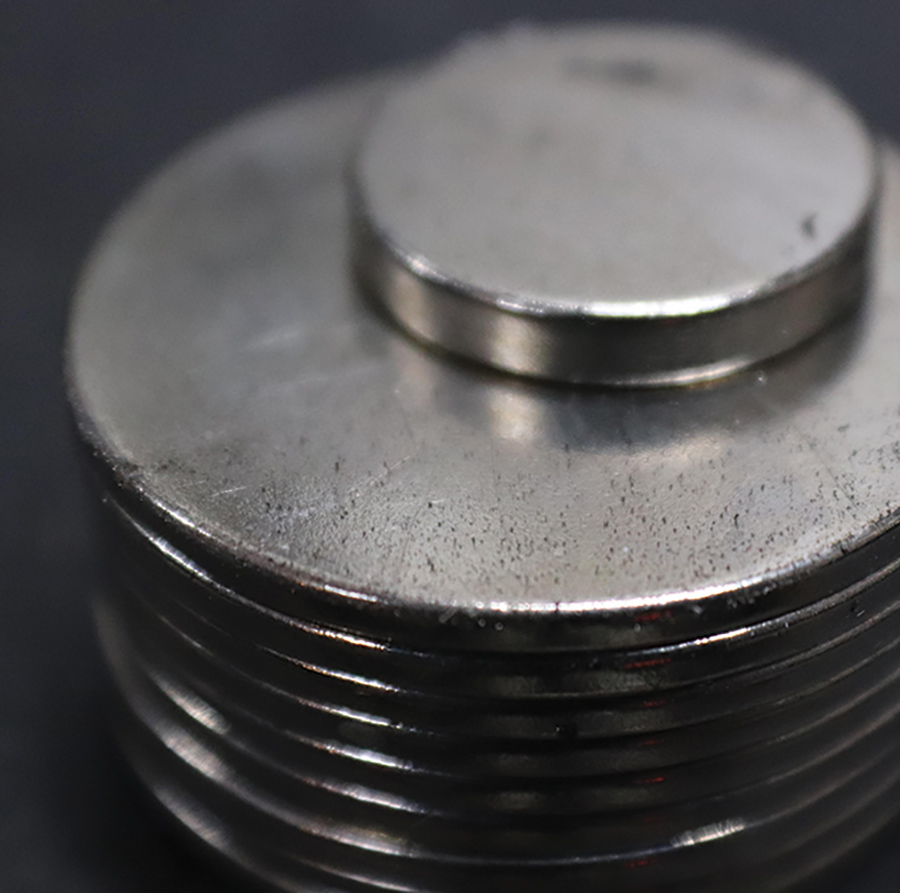In a vote earlier this month, the Parliament adopted the Commission’s recommendation to amend EU Directive 2014/53/EU (also known as the Radio Equipment Directive, or RED) to harmonize charging technologies by standardizing the use of USB-C charging ports. The Commission’s proposal would also harmonize supported speeds of charging devices and unbundle the sale of chargers from the sale of electronic devices.
The tally of the Parliament vote was 602 votes in favor of the Commission’s proposal, 13 against, and 8 abstentions. The proposal now makes its way to the EU Council for final approval, with publication in the Official Journal of the European Union to follow.
The Commission’s proposal is reportedly part of its overall effort to reduce consumer inconvenience and electronic waste created by the use of different and incompatible charging technologies for electronic devices. The Commission estimates that the average consumer owns three mobile phone chargers to ensure reliable access to compatible charging technologies, and that disposed chargers constitute 11,000 metric tons of e-waste every year.
According to a press release issued by the FCC last month, the company, Truphone, failed to disclose individual investments of more than 5% of the company by Russian investors Alexander Abramov, Alexander Frolov, and Roman Abramovich without prior approval by the Commission. Subsequently, according to the press release, FCC licenses held by Truphone were transferred repeatedly to unvetted foreign parties without accurate disclosure and review by the Commission.
Under the terms of an agreement with the Enforcement Bureau, Truphone will pay a civil penalty of $600,000 and enter into a rigorous compliance program to prevent future violations of FCC requirements. Further, the company is required to divest Abramov, Frolov, and Abramovich of their holdings in Truphone, and to complete FCC-mandated ownership structure filings that will allow the agency to conduct a thorough review of the company’s ownership structure.
Finally, Truphone agrees to take whatever steps necessary to prevent any individuals or entities listed on the U.S. Treasury’s Specially Designated Nationals and Blocked Persons List from holding any ownership or investment interest in the company at any time in the future.

Published in the Federal Register, 16 CRF 1262, Safety Standard for Magnets, will now require loose or separable magnets in certain products to be either too large to swallow, or weak enough to reduce the risk of internal injuries when swallowed. The CPSC standard applies to consumer products designed, marketed, or intended for a variety of uses that contain one or more loose or separable magnets. Products exempt from the standard include those distributed solely to school educators, researchers, and/or commercial and industrial users for educational, research, professional, commercial, and/or industrial purposes. The standard also does not apply to toys for children under 14 years of age, since a separate CPSC standard already covers those products.
The mandatory standard came into effect as of October 21, 2022, and will apply to all products manufactured after that date that fall within its scope.
The CPSC says that the products subject to the standard present an unreasonable risk of injury, and that less stringent measures, such as safety messaging, have not been sufficiently effective in helping consumers avoid the potential safety hazards associated with their use. As evidence of the need for a more restrictive standard, the CPSC estimates nearly 27,000 cases of magnet ingestions were treated in hospital emergency rooms from 2010 through 2021, resulting in at least seven deaths.

Commission Implementing Regulation (EU) 2022/1426 details uniform procedures and technical specifications for the type-approval of ADSs. The specifics of the Implementing Regulation are detailed in four separate annexes, as follows:
- Annex I—Addresses the information that needs to be supplied by the ADS manufacturer in support of their request for EU type-approval;
- Annex II—Sets forth the performance requirements and technical specifications applicable to ADSs under a variety of scenarios and potential operating conditions;
- Annex III—Provides extensive detail on the review process to be used by the relevant approval authorities in their assessment of ADS compliance with the applicable technical specifications, and includes several appendices covering the review of documentation and the tests to be conducted; and
- Annex IV—Maps out the specific requirements for the preparation of an EU type-approval certificate for an ADS that is found compliant with the technical requirements set forth in Annex II.
According to a press release issued by the DoE, 20 companies based in the U.S. will receive a combined total of $2.8 billion to build and expand commercial facilities in 12 states to extract battery materials, manufacture components, and demonstrate new approaches to battery manufacturing, including manufacturing components from recycled materials.
This initial round of funding represents the first phase of a $7 billion investment in EV batteries authorized under the recently passed federal Infrastructure Investment and Jobs Act, and is intended to support efforts to expand the sale of EVs in the U.S., and achieve a net-zero emissions economy by the year 2050.
Recipient companies of DoE funding will be expected to match the amount of their DoE grant.
According to a recent report in The New York Times, the Commission is expected to soon vote on rules that would forbid all sales of new electronics products manufactured by organizations on the FCC’s “covered companies” that pose a threat to U.S. national security. The ban would codify a law signed last November by President Biden that prevents the FCC from reviewing or approving any application for equipment authorization produced or manufactured by entities on its “covered companies” list.
Huawei and ZTE were among the first companies named to the FCC’s covered companies list in June 2019, a list which now includes 10 separate entities with ties to China. Until now, the extent of the ban on equipment from covered companies has been focused exclusively on prohibiting the use of federal funds to purchase such equipment. The scope of the FCC’s reported plan would, in effect, ban all sales of new equipment from covered companies. However, it does not appear that equipment that has already been granted FCC approval would be restricted.

That’s the takeaway from an article posted to the website of MedTechDive. While acknowledging that a draft FDA guidance released earlier this year details the cybersecurity information that manufacturers should supply with their devices in support of the agency’s pre-market review process, it notes that many manufacturers view the guidance as optional.
Further, according to some industry experts quoted in the article, devices are being approved by the FDA despite the failure of manufacturers to submit any relevant information about cybersecurity risks and measures they have taken to minimize those risks.
According to the article, the FDA has requested an additional $5.5 million in funding for fiscal year 2023 to develop a more robust program to assess cybersecurity risks in medical devices. Part of the funding would be directed to hiring additional staff that focuses specifically on medical device cybersecurity. But some experts quoted in the article believe that, even with the additional funding, the FDA will still be insufficiently staffed to ensure the thorough review of medical devices for issues related to cybersecurity.
According to a Citation and Order issued by the FCC, the Utah-based company Health and Med marketed on its website HealthandMed.com 14 different models of an ionizing footbath featuring digital displays, digital power supplies, and other components that were unintentional radiators. However, the company failed to obtain proper authorization in line with FCC requirements for each of the device models prior to marketing them on their website beginning in 2018.
In its response to an FCC Letter of Inquiry issued in early 2020, the company acknowledged that it sold several of the identified footbath models on its website but did not believe that the devices were subject to FCC regulations. It also noted that it subsequently tested several models of the footbaths in accordance with Part 15 requirements and that the devices passed. However, the FCC notes that the company continues to sell two models of footbaths but has so far failed to provide information to the FCC regarding the authorization for these models.
Under the terms of the Citation, the company has 30 days to provide the FCC with copies of either their authorizations or test results for the devices that are still being marketed.